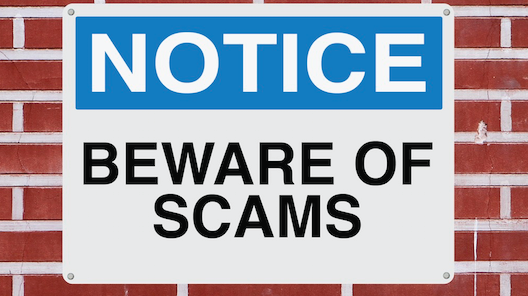Haiti is once again in the headlines as the news comes in which a higher and higher death toll from Hurricane Matthew – now topping 1,000 –devastated the area. The pictures from the region are heart-wrenching, showing buildings, towns and families destroyed. This is the time when the people of Haiti need support, not charity scams, and well-meaning people all over the world are moved to give generously to help the people of Haiti recover. It’s a beautiful outpouring of love and support.
Unfortunately, natural disasters like this also bring out scam artists who want to get some of that money. It’s sad because the people who need relief never get it, and the donor hasn’t affected change, either, but only lined the pockets of a criminal. Before you give to any organization you don’t know well, know how to spot scams so your money goes to the right people and has true impact.
Research it online. If an organization asks you for money, look it up on a site like Charity Navigator, which gives a star rating to charities and assesses them on several important factors. The charity you’re considering donating to might have a low rating, or may not be listed at all, which may be an indication that it’s not legitimate. You can also look at lists of the worst charities to make sure the organization you’re considering isn’t listed.
Also, remember that you can only deduct donations from your taxes if you give to an organization that holds a particular status with the IRS, 501(c)(3), so check its status, too.
Be careful of copycats. Scammers know that you implicitly trust organizations like the Make-a-Wish Foundation, with its recognizable name. They take advantage of that trust by asking for money using a name that’s very similar to an organization you know and trust.
Watch out for brand new organizations. In the wake of tragedy, new charities come into existence overnight. Some of them are undoubtedly legit – others are not.
Don’t give on the spot. It’s okay to say “no” to the people who ask for money at the entrance to the grocery store or at checkout. By writing a check and mailing it, or donating online, you can be more deliberate about your donation and will avoid giving to an organization you haven’t had time to research.
Plan ahead. As a financial planner who specializes in charitable giving, I like to help people plan their giving so it provides maximum impact to both those who receive the money and those who give it. Planning ahead is the best way to do that. Of course, no one can predict a natural disaster, and we don’t know when the next event will happen. But if disaster relief efforts are important to you, consider a regular donation to an organization like the Red Cross or Salvation Army. You know that no matter what disaster occurs, they will provide relief, and you won’t have to worry about whether your money is being put to good use.
To create your own charitable giving plan, one that maximizes impact, minimizes taxes and reflects your values, contact me to discuss creating a financial plan that fits your life.

